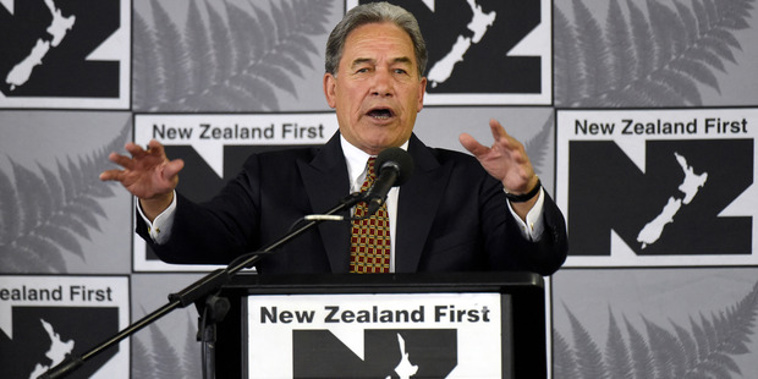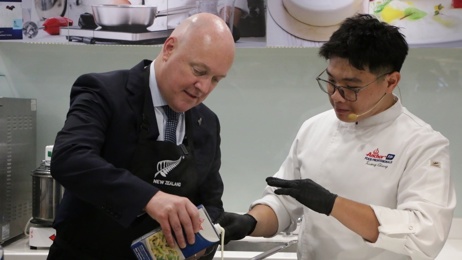
There’s nothing quite like an election year party conference to really hit home the campaign wiles of our politicians. That was certainly displayed by both New Zealand First and the Greens over the weekend.
Green Party co-Leader Metiria Turei kicked it off with her confession that she’d not been honest with her welfare declarations while a solo mum in the 1990s. It was a deliberate ploy to highlight the policy she was pushing at the time - a lift in core benefit payments and a scrapping of sanctions currently used against beneficiaries who fail to met set obligations. It was a Politics 101 moment; generate publicity while playing to your base. The Greens are unlikely to lose too many votes with Turei’s confession. The types of people that are likely to get angry over it probably aren’t Green voters anyway.
Meanwhile, in Auckland the same weekend New Zealand First Leader Winston Peters was playing a similar political game. There was no new policy in his speech, rather a hit on two well-established New Zealand First positions; cutting the number of MPs in Parliament, and abolishing the Maori Seats. Both are populist politics in their purest form. After all given the public attitude towards politicians, promising to cull the herd is always likely to go down well. And as far as the Maori Seats are concerned, discussing their future has always been a guaranteed way to get a headline.
One thing to look at in terms of both announcements is the way they’re couched; as referenda. For a politician, announcing a referendum is a political way of gaining attention and scoring publicity. It’s easy to say that the public should decide, but they already do that at election time. A party that’s serious on such matters would make it policy and be tested on it on Election Day. That is, after all, what political leadership is supposed to be about; having courage in your convictions and putting them to a public test. Devolving that decision to a referendum is a cop out – pure and simple.
The rhetoric around the Maori Seats is also worth examination too. The argument is made that the seats are separatist and not representative of our multi-cultural society. That’s all well and good, though it is somewhat strange that few politicians apply the same rigour that sees the less populated South Island guaranteed 16 electorate seats. For consistency’s sake one would expect them to address that skew in representation as well – few ever do.
Finally, and sticking with the Maori Seats still, the National Party’s stance on them is worth noting. Deputy Leader Paula Bennett maintains her party’s not reneged on its policy of doing away with the. But, she says, the time is not right.
Possibly because National doesn’t want to alienate its current, and potential post-election, coalition partner – the Maori Party.
Take your Radio, Podcasts and Music with you









